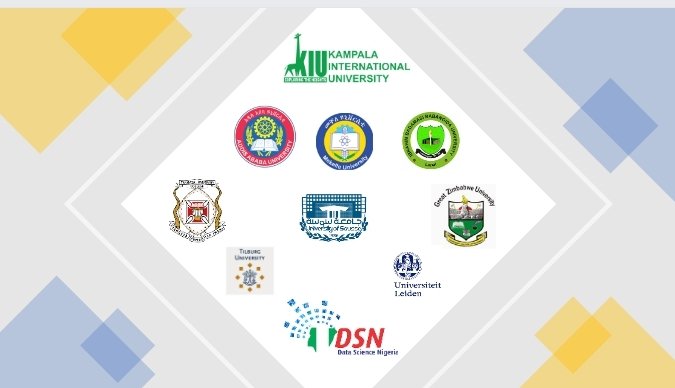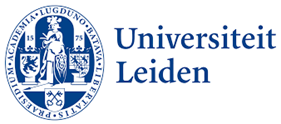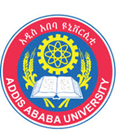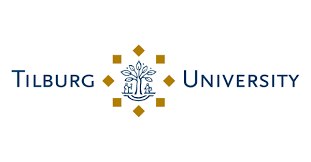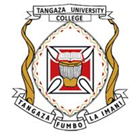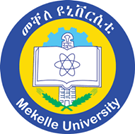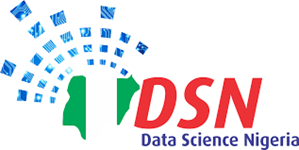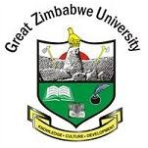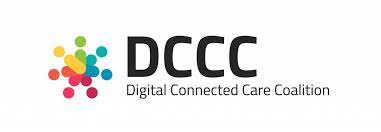Proof of Concept developed by VODAN Africa and Asia
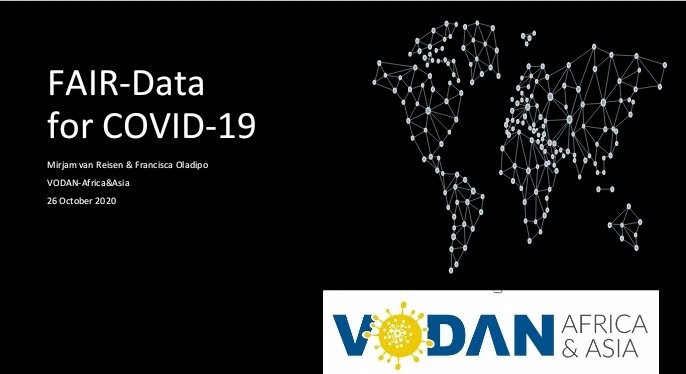
GO FAIR moved from a theoretical concept to an implementation programme when the Covid-19 pandemic ravaged around the globe. There were several big issues enabling this development: (i) the requirement of implementation of FAIR guidelines in science data became a reality for researchers in the European Union, member states and institutions in other countries; (ii) the Covid-19 pandemic requiring data to follow the infections across the globe; (iii) the lack of data from many places in Africa; (iv) the lack of comparable data; and (v) the lack of clinical data.
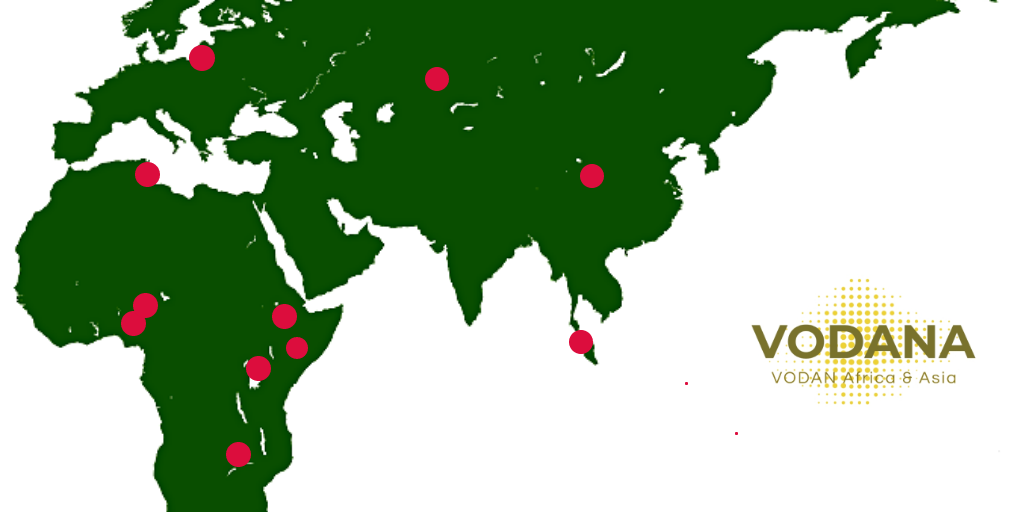
The focus in the first phase was on the installation of the FAIR Data Points (FDP) in different locations with different environments. Aliya Aktau, a master student at Leiden University, had tested the FDP for health data in Kazakhstan during an internship with its Ministry of Health, as a concept without an online realisation. This proposition was then further developed and adapted to the implementation in the COVID-19 context. Outreach to Ministries of Health in Uganda, Ethiopia, Kenya, Zimbabwe, Nigeria and Tunisia was positive. Researchers developed a FAIR-equivalency analysis of regulatory frameworks for digital patient health records and the FAIR guidelines.
Data ownership was defined with the hospitals and clinics with oversight of the Ministries of Health, while data privacy regarding the data subject was also maintained in full compliance of the regulatory frameworks in each location as well as with the EU�s General Directive of Data Protection. Based on this work, approval was obtained to develop a proof of concept in six countries in Africa.
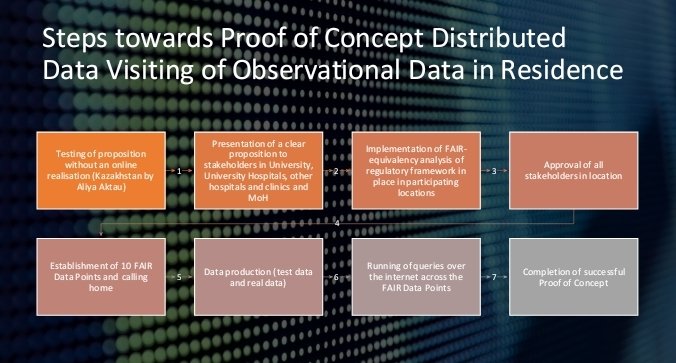
In the next phase, the FAIR Data Points were established in 9 locations in Africa as well as the Leiden University Medical Centre (LUMC) and these FDP�s all called home � meaning that these were findable for algorithms. This deployment was followed by data production in the FAIR Data Points was facilitated for a semantic model of the WHO electronic Covid Report Forms (eCRF) through a tool produced by the DSW-Wizard. This will result in a FDP deployment Handbook as part of the overall Three-Point FAIRification Process. Data production related to other data (maternal health, DHIS2) was tested both through the Stanford University CEDAR Platform and the DSW-Wizard, with important learnings for future development.
On 29 September 2020, a first Sparql query was run between the Kampala International University FDP and the LUMC FDP over the internet. The algorithm successfully visited data curated and held in residence in the locations, visited through the FDPs, findable on the web in a human and machine-readable language. This provides a potent alternative to data analytics in data warehouses. This sets a new agenda for Machine Learning and AI tooling based on data curated in residence with contextual qualities attached.
The next phase of the programme will be on increasing the flexibility of data production. This effort will concentrate on the data production of observational patient data in clinics and hospitals. The essence of this effort is to ensure that data production does not add to the workload of record-production in the facilities. It will be necessary to understand the data production of FAIR data in the data flow of patient records without duplication of data entry. This means, among others, investigating the data entries in different data templates as well as entry of bulk data.
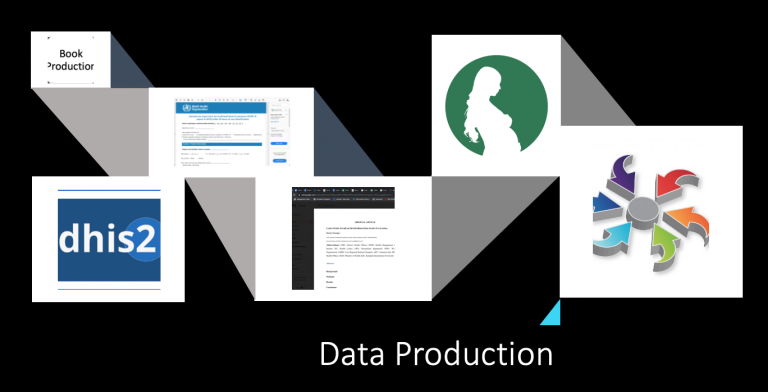
The VODAN Africa & Asia network asserts that the production of data in hospitals and clinics is justified only if it simultaneously increases understanding of the data deployed within the hospitals and clinics and understanding of such data in relation to data externally deployed. In order to facilitate this, there is an urgent need for certificates of courses in data analysis in the participating countries. VODAN Africa is engaged in the development of online courses to fill in this gap.
The security of the data held in location remains a cornerstone of the approach and a joint team of VODAN-Africa and LUMC is working on the access and control management. This will have a technical and a governance aspect, including the power of certification of FDPs as well as queries run over the FDPs to visit data. The support to these efforts is with the Data Competence Centres of FAIR Data such as VODAN-Africa and LUMC. The convergence between providers of expertise on FAIR data and enabling the tools for visiting these constitutes a critical element of this governance architecture.
The integration of the science data on COVID-19 requires facilitation from semantic platforms, such as instance CEDAR, with convergence developed to facilitate the queries. The VODAN Africa & Asia networks have extended collaboration with developers in the semantic world to enhance and develop education and development. Digital online learning courses are developed to help advance these skills among computer science and data science graduates.
The production of patient data based on FAIR guidelines has significant advantages for the global deployment of patient data, particularly in the context of a worldwide pandemic. The production of medical patient data is standardised and therefore provides a higher degree of data comparability. The curation and deployment of such data in residence ensures that data remains in the facility, first and foremost for the benefit of this facility. The machine-readability of such data facilitates, when and where this is desired, the findability of data between facilities and across boundaries. The curation of this data within compliance of the regulatory framework in geographies where data is generated, ensures data ownership remaining within the place where data belongs. This enables investigation of such data in context, and allows for the exploration of contextual variables of such data. The Proof of Concept of implementing FAIR guidelines for observable patient records in health facilities has shown to be relevant to increase access to reliable health data.
In order to document the progress on implementation of FAIR guidelines for COVID-19 data visiting the VODAN Africa and Asia network is collaborating on a Special Issue published by Data Intelligence in collaboration with the Chinese Academy of Sciences. Information can be found on the VODAN Africa website. The VODAN programme is supported with faculty and PhD researchers from the institutions participating in the network.
The Virus Outbreak Data Network is a collaboration between universities, health ministries and Data Science & Artificial Intelligence hubs in Uganda, Ethiopia, Kenya, Nigeria, Tunisia and Zimbabwe. Members of the Africa Implementation network include Kampala International University, Leiden University and other universities, Addis Ababa University and Mekelle University in Ethiopia, University de Sousse in Tunisia, Tangaza University in Kenya, Great Zimbabwe University in Zimbabwe and Ibrahim Badamasi Babangida University, Olabisi Onabanjo University and Data Science in Nigeria. The VODAN network collaborates with researchers based in Asia, particularly in China (Chinese Academy of Sciences), Indonesia and Kazakhstan. The VODAN network also collaborates with researchers in the US, particularly from the San Diego Supercomputing Center (SDSC).
VODAN Africa is receiving the generous support of Philips Foundation, the GO FAIR Foundation, CORDAID, the Dutch Development Bank, GOOGLE and NUFFIC.
